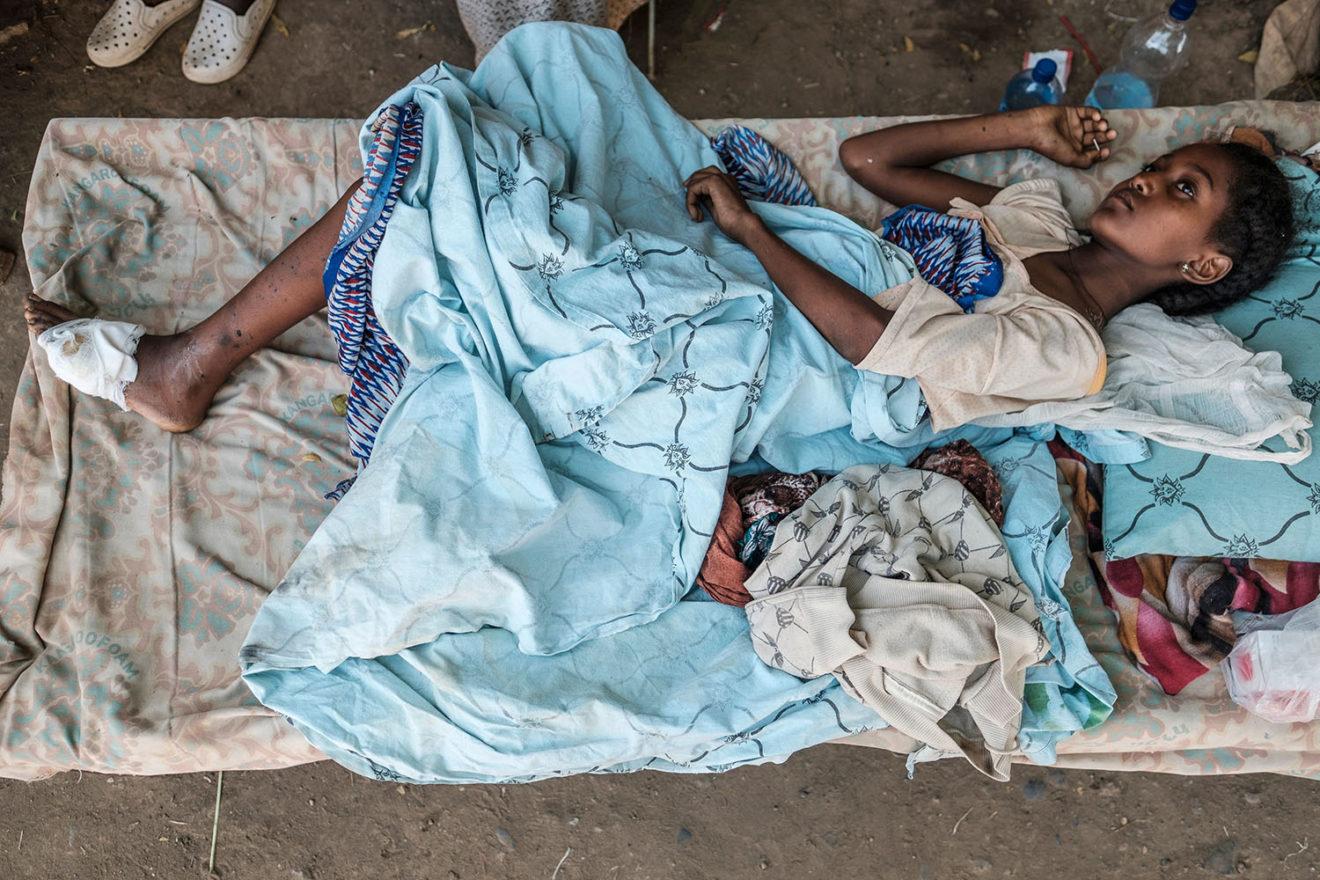Forum Replies Created
-
AuthorPosts
-
3rd December 2020 at 8:42 pm in reply to: The war in Tigray is being complicated by ideological ambitions #3923rd December 2020 at 8:24 pm in reply to: The war in Tigray is being complicated by ideological ambitions #3913rd December 2020 at 8:09 pm in reply to: The war in Tigray is being complicated by ideological ambitions #390
Prime Minister Abiy Ahmed may have declared success for his ‘law and order operation’ with the fall of Mekelle, the Tigrayan capital, on 28 November, but it is far from clear that the fighting is over.
 There have been thousands of casualties on both sides and among the Eritrean troops committed to the conflict by President Issayas Afewerki, who shares Abiy’s aim of destroying the Tigray People’s Liberation Front (TPLF). Bombing raids and artillery have caused widespread civilian casualties and over 40,000 refugees have fled into Sudan from western Tigray. The Ethiopian army has closed the border to try to prevent more of them crossing.
There have been thousands of casualties on both sides and among the Eritrean troops committed to the conflict by President Issayas Afewerki, who shares Abiy’s aim of destroying the Tigray People’s Liberation Front (TPLF). Bombing raids and artillery have caused widespread civilian casualties and over 40,000 refugees have fled into Sudan from western Tigray. The Ethiopian army has closed the border to try to prevent more of them crossing.Amid the news blackout, certain disturbing reports remain clear. Although the Federal government has spoken strongly against ethno-nationalism, Abiy has allowed Amhara militia and ‘Special Forces’ to spearhead the move into western Tigray, an area historically under Amhara control but controversially given to Tigray under the 1995 constitution. There have been ample reports of atrocities in western Tigray, with claims and counter-claims of responsibility. Against this background, there is great concern about the Federal government decision to allow the Amhara Regional State to administer the parts of Tigray it has taken over.
The Federal government has also been acting against Tigrayans outside Tigray, accusing them of supporting the TPLF and giving rise to fears of ethnic profiling. The National Bank of Ethiopia has frozen all bank accounts opened in Tigray State. The 34 important companies which form part of the regional state-owned Endowment Fund for the Rehabilitation of Tigray (EFFORT) have been delisted and their assets frozen; an asset manager has now been appointed to oversee their assets and resources.
The African Union (AU) dismissed a Tigrayan, Gebreegziabher Mebratu Melese, its head of security, after the Ministry of Defence expressed concern. The Amhara regional administration has ordered its police to identify ethnic Tigrayans in all government agencies and NGOs. There have been similar activities in organisations and businesses in Addis Ababa and reports of hundreds of arrests of Tigrayans.
Army purge
After the Ethiopian military contingent in Somalia was ordered home, ‘All officers and soldiers from Tigray were arrested and detained upon arrival in Addis’, some of them being tortured while others were executed, according to a United Nations report. The deputy force commander of the UN Interim Security Force for Abyei (UNISFA) in South Sudan, Brigadier-General Negassi Tikue, was recalled to Addis Ababa and the UN told to find another officer. Other Tigrayan officers there were also ordered to Addis Ababa.Abiy has appointed Mulu Nega, a former deputy minister, temporary head of a new Tigrayan administration. Setting up an effective local government may prove difficult, particularly if fighting continues. Abiy has said the next stage is to establish an administration in Tigray which can ‘enforce law and order in the Region through a lawful state police force with sufficient capacity to maintain public order and peace within the State’. Mulu has added that ‘executive and law-making organs at regional and zonal levels will be dismantled and replaced by new appointees.’
The interim government is also charged with carrying out rehabilitation work, providing social services and organising ‘a democratic, participatory, free and fair election’ next year, without, however, the participation of the TPLF, even though it took over 98% of the vote in the September election which was banned by the Federal government. Independent observers called it relatively free and fair.
Federal question
While the conflict with the TPLF has all the hallmarks of a straightforward power struggle between an organisation that controlled Ethiopia through its dominance of the ruling Ethiopian Peoples’ Revolutionary Democratic Front from 1991 to 2018, and an Oromo/Amhara alliance led by Abiy which took over in 2018 and disbanded the EPRDF, there is also an ideological element, of regional as opposed to centralised governance .The TPLF certainly believed that championing provincial self-government within a federal system would win Tigray support against Abiy’s centralising policies from other regions of the country, including the Oromo and Somali Regional States. But the TPLF’s political domination of the country after 1991 – a key feature of the rule of the EPRDF – was deeply resented by many Oromos and other ethnic groups in southern Ethiopia, even though these groups support the self-governance elements of the constitution. The problem was with the practice not the letter of the constitution.
For many outside the central highland areas, Amhara notions of ‘national unity’ mean re-imposing the former imperial structure that excluded non-Amhara cultures and languages.
And Abiy’s concentration on his problem with the TPLF has prolonged a number of inter-ethnic conflicts across the country which have displaced 1.85 million people, according to the latest National Displacement report and exacerbated humanitarian crises.
They include the conflict in western Wollega where the Oromo Liberation Front–Shene operate. More than 50 civilians were killed in an attack at the beginning of November, and federal military units have failed to establish control. The OLF-Shene is also operating along the Kenyan border in the south. In Benishangul Gumuz, 30 people were killed on 14 November, the latest in a series of incidents.
In many areas, the targets of the violence appear to be Amhara, but there has also been fighting in several areas round the Oromo Regional State: along the border with the Somali Region, where hundreds of thousands are still displaced after fighting in 2018; and between the Guji in Oromia and the Gedeo in the Southern Region. The Southern Region has seen conflicts in Bench Sheko and Wolaita and most recently Konso. A long-running dispute between Afars and Somalis in the east has displaced over 100,000 people in the last two years.
The Prime Minister’s Office rather improbably accused the TPLF of ‘planning, training, financing and executing’ all the country’s ethnic and sectarian conflicts. A more plausible reason is the collapse of local administration as the EPRDF fell apart since 2017, to be replaced last November by Abiy’s new Prosperity Party, which has yet to establish itself effectively.
Victory for Abiy may allow him to start rebuilding local administration and deploy federal forces to re-establish control at local level. However, he will have to find a way to appease the ethnic hopes and ambitions of the other nations and nationalities in the country. Oromos, Somalis, Afars and others have exercised some local autonomy, if not as much as they would like, under the EPRDF for 25 years and do not want to give this up. This year, the Sidama, one of the 56 peoples in the Southern Regional State, achieved their own state after a long struggle and others indicated their desire to follow suit.
Abiy detained many of his Oromo critics, including opposition leaders Jawar Mohammed and Bekele Gerba, and placed former Defence Minister Lemma Megersa under house arrest earlier in the year . He replaced the Oromo support he had lost with ethno-nationalist Amhara in the Amhara region, and gathered further backing from the Amhara elite in Addis Ababa who yearn to replace the federal system with unitary government.
Opposition Amhara parties like the Ethiopian Citizens for Social Justice (EZEMA), led by Berhanu Nega, have strongly supported the operations in Tigray. And days after fighting began in Tigray, Abiy increased the power of leading Amhara figures in government, by adding the post of Foreign Minister to Deputy Prime Minister Demeke Mekonnen’s portfolio, moving Gedu Andargachew from foreign affairs to the post of National Security Advisor, and appointing former National Security Advisor and Amhara President Temesgen Tiruneh as intelligence chief.
The Amhara parliament then appointed Agegnehu Teshager, a strident opponent of the TPLF, as regional president. Not all were impressed. The recall of troops from Somalia, the call on Eritrean armed forces for help in the field, and the bringing back into service of retired generals and the promotion of a long-time Abiy supporter, General Berhanu Jula, an Oromo, from deputy to Chief of Staff, were taken as signs that operations had not gone as well as expected. There was some concern in the upper echelons of the government and the military about Abiy’s determination to crush the TPLF.
Advisors in the Prime Minister’s Office still include a significant number of Oromos: former Ambassador to Washington Girma Birru, macroeconomic advisor and former OLF spokesperson Lencho Bati, former Minister of Defence Motuma Mekassa, and Hailay Berhane Tesema on National Security. The Prime Minister, a devout member of the Pentecostal Mulu Wengel Church, continues to take advice from the Oromo-American evangelist Gemechis Desta Buba, as well as other Pentecostalist pastors. For the moment, however, it seems that Amhara advisors – and Eritrea’s Issayas – are the most favoured.
Ethiopia Autonomous Media
3rd December 2020 at 7:53 pm in reply to: The war in Tigray is being complicated by ideological ambitions #3893rd December 2020 at 7:42 pm in reply to: The war in Tigray is being complicated by ideological ambitions #388After Ethiopia tells UN that aid agencies now have unimpeded access to Tigray.

NRC Norway calls for access to civilians in need in all parts of the region and says that “aid convoys are ready to go today … before needs spiral out of control”.
The aid should be availed and managed by neutral bodies like Refugees must be distributed to the whole region.
Dec 3 morning news Tigray Intense drone helicopter jet bombardment continue in central Tigray.
Since Abiy Ahmed Ali launched a war on Tigray & all Tegaru people. -no telecom -no humanitarian aid -no journalists -no food -no fuel -no cash -no electricity -2m need assistance -46, 000 refugees -1m displaced -ethnic massacres -air strikes.
Ethiopia Autonomous Media
3rd December 2020 at 7:28 pm in reply to: The war in Tigray is being complicated by ideological ambitions #387Tigray #refugees who fled the conflict in Ethiopia’s Tigray region arrive on the banks of the Tekeze river in Hamdayet on the Sudan-Ethiopia border on Dec 1. The fighting is estimated to have killed thousands, sent ~45,000 refugees into Sudan and displaced more within Tigray
Abiy declared victory on Saturday night, saying that military operations in Tigray were “completed” — but the TPLF has vowed to fight on.
Senior Tigrayan official Wondimu Asamnew claimed Wednesday that federal forces were “encountering low-scale warfare all over Tigray” and that pro-TPLF fighters would launch a “full-scale offensive… in the near future”.
Wondimu also said in a statement that the TPLF had carried out a “strategic retreat” without sustaining heavy losses.
Ethiopia Autonomous Media
3rd December 2020 at 7:11 pm in reply to: The war in Tigray is being complicated by ideological ambitions #386The UN refugee agency, UNHCR, appealed to Ethiopia on Tuesday for urgent access to 96,000 Eritrean refugees in Ethiopia’s Tigray region, saying the month-long conflict in Tigray had left them without vital supplies.

“With our concerns growing by the hour, we’re appealing to the federal authorities of Ethiopia that access should be urgently provided to us in the Tigray region to reach the desperate people”, UNHCR spokesperson Babar Baloch told journalists at a regular UN briefing in Geneva.
“The camps will have now run out of food supplies – making hunger and malnutrition a real danger”, he said.
“We are also alarmed at unconfirmed reports of attacks, abductions and forced recruitment at the refugee camps”, Mr. Baloch said, adding that it was not possible to verify current conditions and UNHCR had no had any contact with the Eritrean refugees since the conflict started in early November.
Longstanding presence
Ethiopia had hosted the Eritreans in four refugee camps for more than a decade, but there were now reports that the Eritreans had been displaced within the Tigray region.On Monday the UN High Commissioner for Refugees Filippo Grandi launched an appeal for $147 million to meet the needs of more than 43,000 Ethiopians who had fled the fighting in Tigray and become refugees in neighbouring Sudan, with numbers projected to rise to 100,000 by April.
Influx slowing
Baloch said the number of Ethiopian arrivals had reached 46,000 but the influx had slowed, with new arrivals reporting checkpoints on the Ethiopia-Sudan road and having difficulty.Ethiopia Autonomous Media
3rd December 2020 at 7:03 pm in reply to: The war in Tigray is being complicated by ideological ambitions #385In a breakthrough a month after deadly conflict cut off Ethiopia’s Tigray region from the world, the United Nations on Wednesday said it and the Ethiopian government have signed a deal to allow “unimpeded” humanitarian access, at least for areas under federal government control after the prime minister’s declaration of victory over the weekend.

This will allow the first food, medicines and other aid into the region of 6 million people that has seen rising hunger during the fighting between the federal and Tigray regional governments. Each regards the other as illegal in a power struggle that has been months in the making.
For weeks, the U.N. and others have pleaded for access amid reports of supplies running desperately low for millions of people. A U.N. humanitarian spokesman, Saviano Abreu, said the first mission to carry out a needs assessment would begin Wednesday.
“We are of course working to make sure assistance will be provided in the whole region and for every single person who needs it,” he said. The U.N. and partners are committed to engaging with “all parties to the conflict“ to ensure that aid to Tigray and the neighbouring Amhara and Afar regions is “strictly based on needs.”
Ethiopia’s government did not immediately comment.
For weeks, aid-laden trucks have been blocked at Tigray’s borders, and the U.N. and other humanitarian groups were increasingly anxious to reach Tigray as hunger grows and hospitals run out of basic supplies like gloves and body bags.
“We literally have staff reaching out to us to say they have no food for their children,” one humanitarian worker told The Associated Press. The person spoke on condition of anonymity because of the sensitivity of the situation.
“We have been urging, waiting, begging for access,” another aid official, Jan Egeland with the Norwegian Refugee Council, told the AP. “We’re ready to go tomorrow. … It has been heartbreaking to be forced to wait.“
Ethiopia Autonomous Media
3rd December 2020 at 6:57 pm in reply to: The war in Tigray is being complicated by ideological ambitions #3843rd December 2020 at 6:54 pm in reply to: The war in Tigray is being complicated by ideological ambitions #3833rd December 2020 at 6:49 pm in reply to: The war in Tigray is being complicated by ideological ambitions #382Prime Minister Benjamin Netanyahu & his wife Sara attended the welcoming ceremony for the first group of immigrants from Ethiopia as part of Operation “Tzur Yisrael”


 “Brothers and sisters of ours, immigrants from Ethiopia, we are so moved to welcome you here. Welcome to Israel!”
“Brothers and sisters of ours, immigrants from Ethiopia, we are so moved to welcome you here. Welcome to Israel!”Ethiopia Autonomous Media
3rd December 2020 at 6:43 pm in reply to: The war in Tigray is being complicated by ideological ambitions #381UN Ethiopia and Ethiopian Government have signed an agreement that seeks to enable unimpeded, sustained and secure access for humanitarian personnel & services to areas under the control of the Federal Gov’t in Tigray, & the bordering areas of Amhara & Afar regions.

It’s high time to help Ethiopia by sending UN peacekeeping mission before it’s too late!
Everyone is there to oppose, under the guise of Human rights but none has been helping them for last 1 month, except Sudan , to get back them to their country of origin.The Savage neftegna militia is mass killing Tegarus in west Tigrai including children and women The shabia army is looting everything from the north, the federal army is bombing Tigrai infrastructures deliberately and we are told the war is with TPLF The last 3 weeks showed the people of Tigray what is coming. As every war is full of surprises stay tuned for this one!
That was the heinous plan to begin with. Before the war not a word from UN Ethiopia. Now got rid of the legitimate Tigray regional state government and allowing the illegitimate Ethiopia government whom the main reason for the invasion,genocide killing,atrocities, massacres and displacement act charitable sound cruel.
Ethiopia Autonomous Media
3rd December 2020 at 6:35 pm in reply to: The war in Tigray is being complicated by ideological ambitions #380A Norwegian Refugee Council (NRC) school for 700 refugee kids from Tigray is up and running in 5 days in Um Rakuba in eastern Sudan. Refugee teachers teach in their own language. All families and single refugees will soon have received multipurpose cash.
 Very impressed by local NRC team,” Jan Egeland, Secretary General of the Norwegian Refugee Council
Very impressed by local NRC team,” Jan Egeland, Secretary General of the Norwegian Refugee CouncilEthiopia Autonomous Media
3rd December 2020 at 6:30 pm in reply to: The war in Tigray is being complicated by ideological ambitions #379Seven people injured after an armed group attacked a public transport vehicle in Mandura Wereda (district) of Metekel Zone, Benishangul Gumuz.
Gunmen opened fire on a bus traveling from Chagni to Gilgel Beles town this morning in Edida Kebele, Mandura district. ETHIO FM 107.8 quoted Inspector Misgana Injifeta, Deputy Commissioner of the Regional Police Commission as saying that one person was seriously injured and six others suffered minor injuries in the attack. There are no reports of death thus far.
The injured are currently receiving medical treatment in Pawe hospital.
The inspector further said that a similar attack was carried out on a public transport bus on November 30 but none of the passengers were injured. Federal forces, regional police and anti insurgency forces are currently patrolling the area in order to bring assailants to justice.
It is to be remembered that at least 34 civilians were killed in a similar attack on a public transport bus on November 14 after armed men opened fire on the vehicle.Ethiopia Autonomous Media
1st December 2020 at 12:45 pm in reply to: The war in Tigray is being complicated by ideological ambitions #361Widespread conflict in Ethiopia that has driven tens of thousands of refugees from their homes, killed hundreds — possibly thousands — and dragged in neighbouring countries is prompting questions in Europe about whether to hold back tens of millions of euros in aid to the country.

On Tuesday, Europe’s Crisis Management Commissioner Janez Lenarčič will fly to Ethiopia where he hopes to convince the country’s peace minister, Muferiat Kamil, to end a weeks-old blockade for international aid organizations to Ethiopia’s northern Tigray region. He will then fly to Sudan on Wednesday where he will meet Sudanese government officials before visiting refugees in Kassala and Gedarif states on Thursday. Sudan is a temporary home for approximately 45,000 refugees who have fled the conflict.
“I wish to urge the Ethiopian authorities one more time to enable full and unrestricted access of humanitarian workers and humanitarian aid to all areas affected by fighting,” Lenarčič told POLITICO on Monday, recalling that Ethiopia hosts the second largest refugee population in Africa. “I intend to raise this issue with the Ethiopian Minister for Peace whom I hope to meet in Addis Ababa en route to Sudan.”
For its part, Ethiopia’s government rejects any suggestion that the security crackdown was illegitimate or that it should be financially punished. “My message to friends of #Ethiopia is that we may be poor but we are not a country that will negotiate our sovereignty. Threatening Ethiopia for coins will not work,” Prime Minister Abiy Ahmed tweeted on Monday.
Following months of political tension, the conflict in Ethiopia began on November 4 when Abiy, who won the 2019 Nobel Peace Prize, declared war on the dissident leadership of Tigray, accusing them of attacking a military base. The eruption of violence came after roughly two years of growing tensions between the government and the country’s former ruling party, the Tigray People’s Liberation Front, who ran Ethiopia for almost three decades.
What was supposed to be a quick, clinical affair targeting what the government has described as a corrupt criminal clique has turned into a sprawling conflict with thousands of deaths, according to several foreign diplomats, and rockets fired across international borders.
Both sides have been accused of committing war crimes. Reports that scores of Eritrean refugees in Ethiopia have been abducted led the U.N.’s refugee agency to raise the prospect of “major violations of international norms” in the country. And last week, two Eritrean refugees were killed and four others seriously injured when fighting broke out close to a camp in northern Tigray, according to two senior U.N. officials and a humanitarian worker briefed on the incident.
Some warn the death toll could be much higher than has been reported. One diplomat based in the capital Addis Ababa, who spoke on condition of anonymity, said he had received reports of “a horrific smell” in the hills behind Alamata town south of the regional capital Mekelle where truck-loads of Amhara militia have joined government forces to fight Tigrayan forces. The International Committee for the Red Cross has reported massive shortages of medical supplies in hospitals in the region.
“The situation in Tigray is analogous to the one in post-Saddam Iraq with members of the armed forces going into opposition after being purged,” said Dan Connell, a visiting researcher specializing in Ethiopia and Eritrea at Boston University. “It’s an understandable move at some levels, but extremely dangerous and it is coming back to haunt Abiy.”
The Ethiopian government says it has begun targeting aid to areas of the Tigray region it controls. “Regarding the next step of the government, it is made clear that rehabilitation and reconstruction works have already started, displaced people are being returned to their villages and administrations in all levels are being restored,” said Ayele Lire Jijamo, minister plenipotentiary at the Ethiopian embassy to Belgium.
Still, apart from the risk that violence spreads to other parts of Ethiopia, Abiy’s personal reputation as a Nobel Peace Prize laureate has taken a battering with the Nobel Committee taking the rare step of publicly expressing deep concern and calling on all parties to “end the escalating violence.”
Europe’s mediation role has been elevated due to the political void in the U.S. as a new administration prepares to take office. Last week, Commissioner Lenarčič met with Ethiopia’s Foreign Minister Demeke Mekonnen in Brussels, telling him the conflict in Ethiopia could no longer be considered as an internal affair as Abiy has continuously asserted, according to an EU official present in the room. The commissioner said that the risk the conflict could destabilise the entire region coupled with the risk Ethiopia could break international humanitarian law meant the conflict had taken on an international significance.
The EU has provided Ethiopia with €815 million for the 2014-2020 budgetary period, plus more than €400 million from the EU Trust Fund for Africa, and senior officials in Brussels hope to use the EU’s financial weight as leverage to de-escalate the conflict.
One EU official said a political decision would be made in the coming weeks on whether or not Addis Ababa should continue to qualify for budgetary support from Brussels. “We are keen to have a common EU position on this,” the official said. “There will be consultation between the capitals and there could be a decision to stop budgetary support.”
Last week the European Parliament raised the prospect of implementing “individual targeted measures,” including sanctions, should human rights abuses be uncovered.
Ethiopia’s international partners are unlikely to withdraw their assistance completely, but they will probably take some concrete measures to demonstrate their concerns about the government’s hard-handed response to the situation in Tigray, including its impact on civilian populations, say analysts.
For Brussels, the political transition in Washington cannot come soon enough to help share the diplomatic load. “One of the larger problems, is that, like the Middle East, the United States is not playing a helpful role,” said Connell at Boston University. “That will change in January. And perhaps the conflict will not be over until then.”
Ethiopia Autonomous Media
-
AuthorPosts


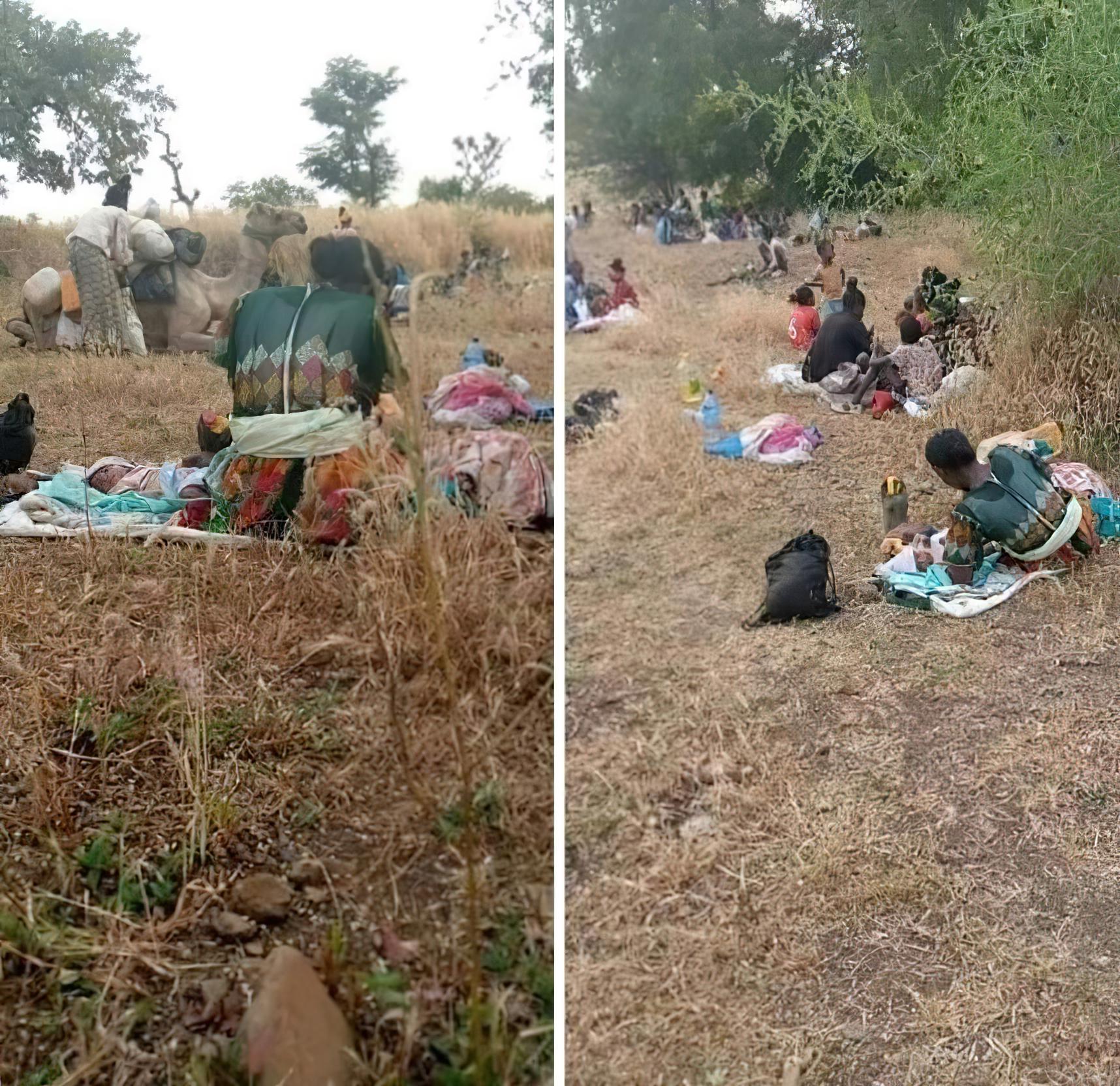
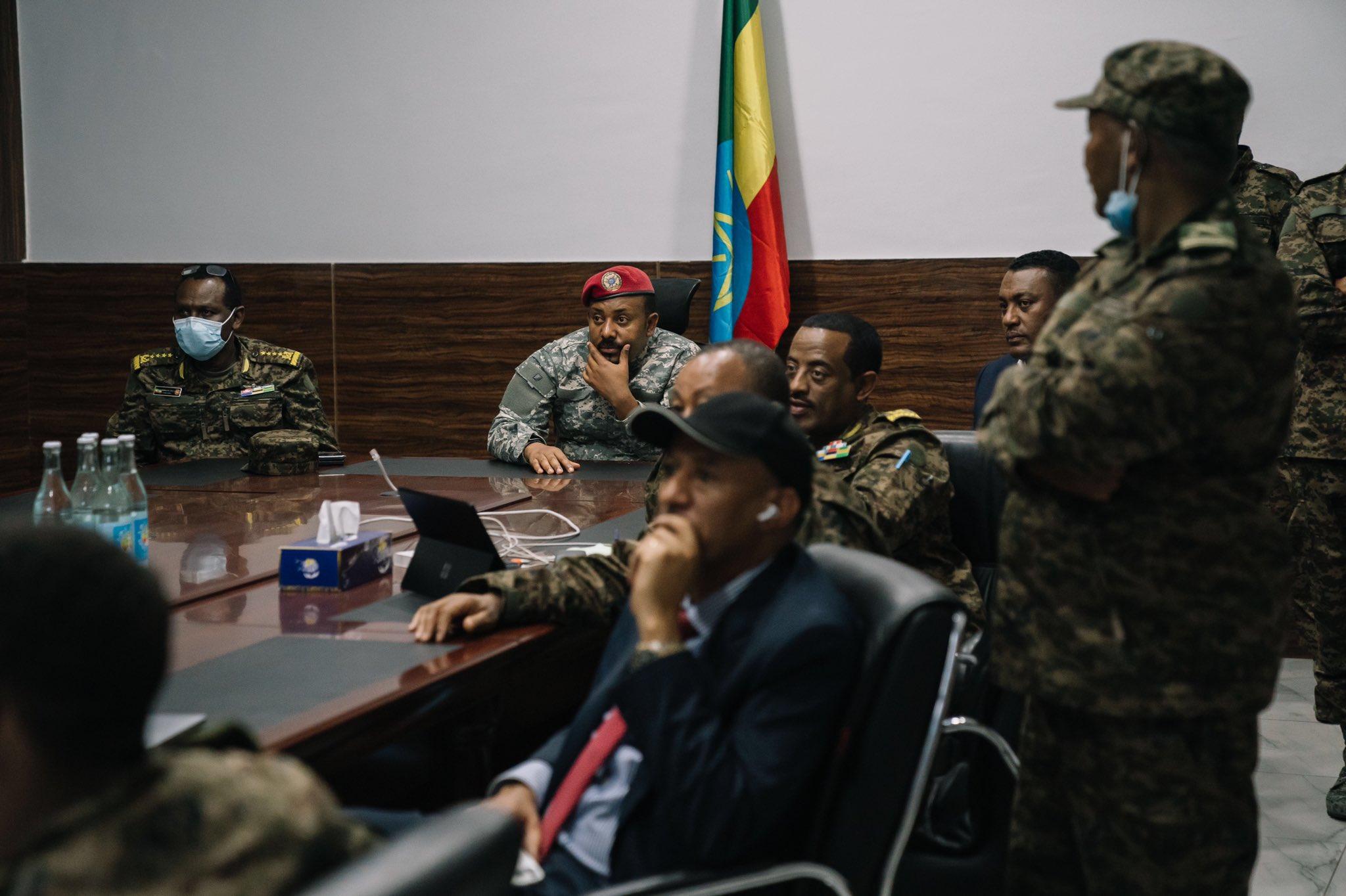 There have been thousands of casualties on both sides and among the Eritrean troops committed to the conflict by President Issayas Afewerki, who shares Abiy’s aim of destroying the Tigray People’s Liberation Front (TPLF). Bombing raids and artillery have caused widespread civilian casualties and over 40,000 refugees have fled into Sudan from western Tigray. The Ethiopian army has closed the border to try to prevent more of them crossing.
There have been thousands of casualties on both sides and among the Eritrean troops committed to the conflict by President Issayas Afewerki, who shares Abiy’s aim of destroying the Tigray People’s Liberation Front (TPLF). Bombing raids and artillery have caused widespread civilian casualties and over 40,000 refugees have fled into Sudan from western Tigray. The Ethiopian army has closed the border to try to prevent more of them crossing.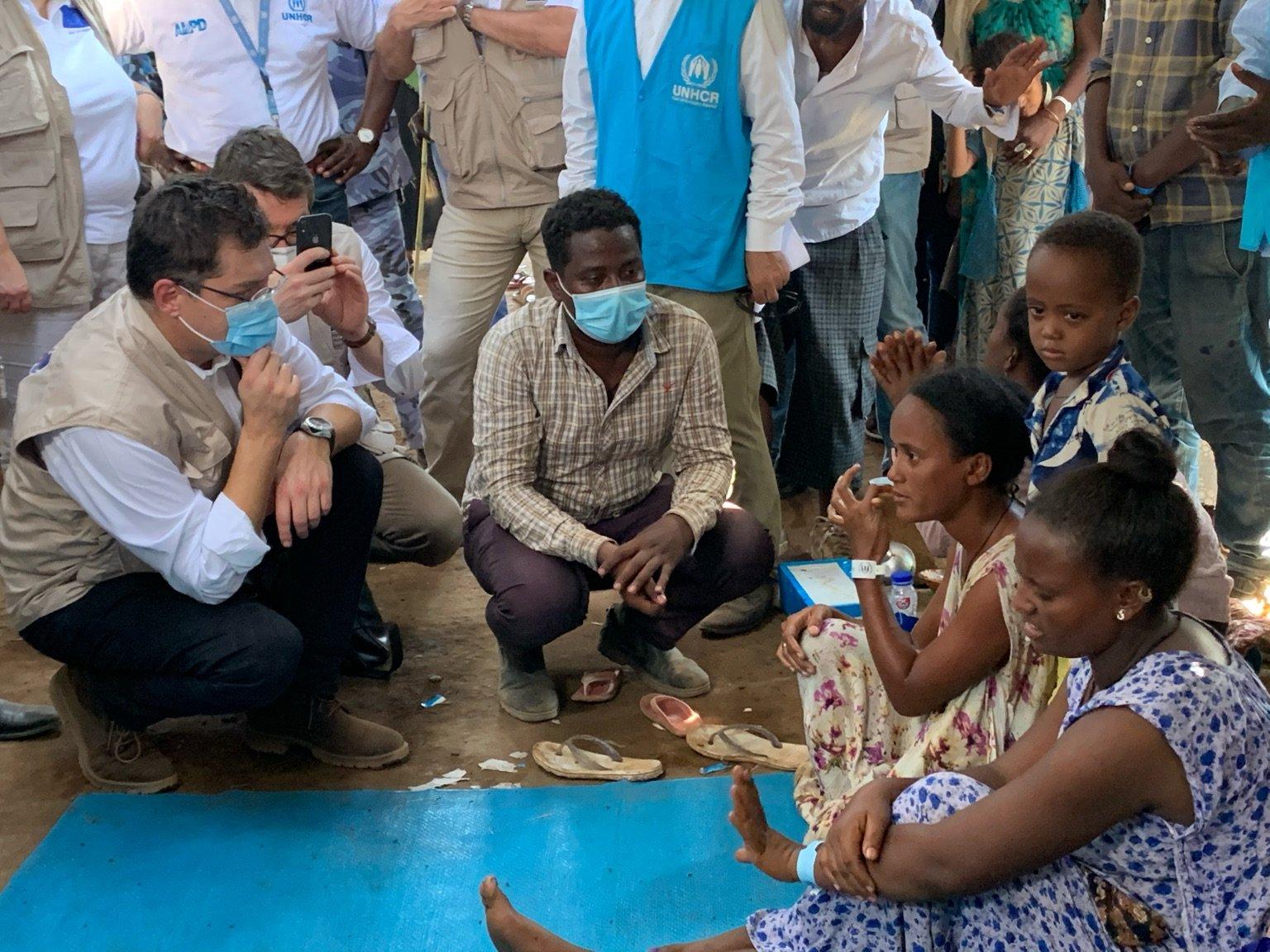
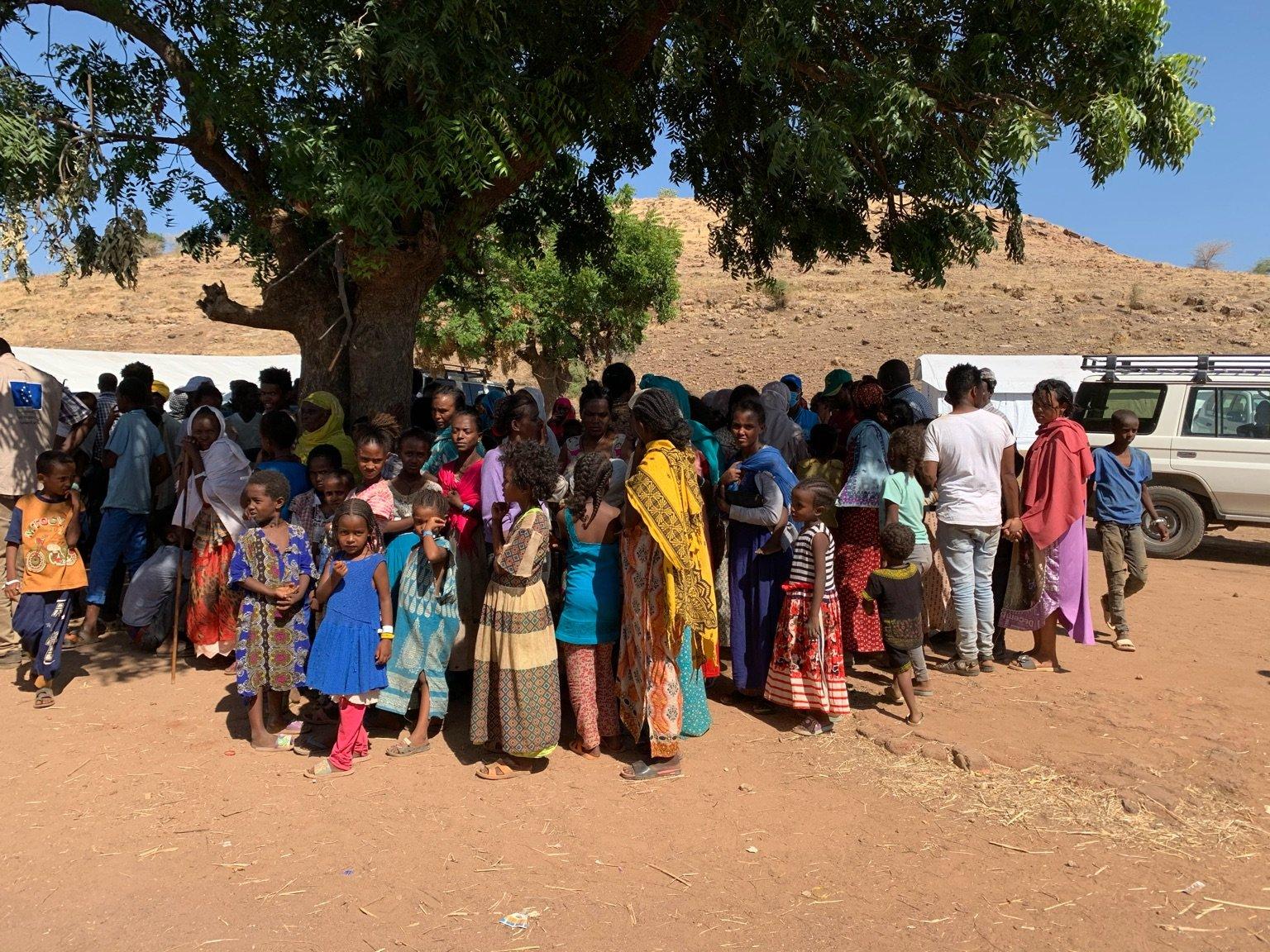
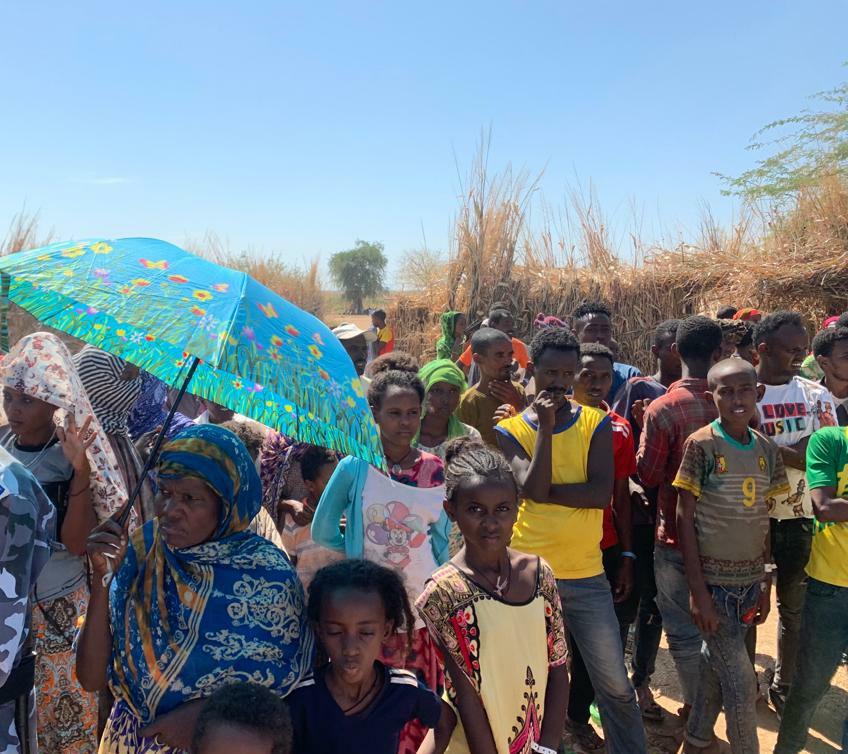 This time it is sheltering thousands of people fleeing an armed conflict in Tigray to save their lives.
This time it is sheltering thousands of people fleeing an armed conflict in Tigray to save their lives.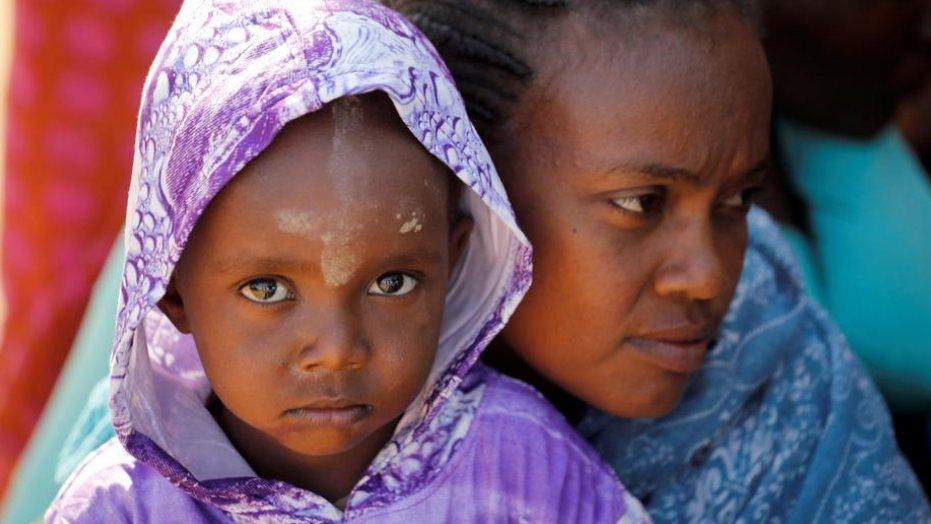
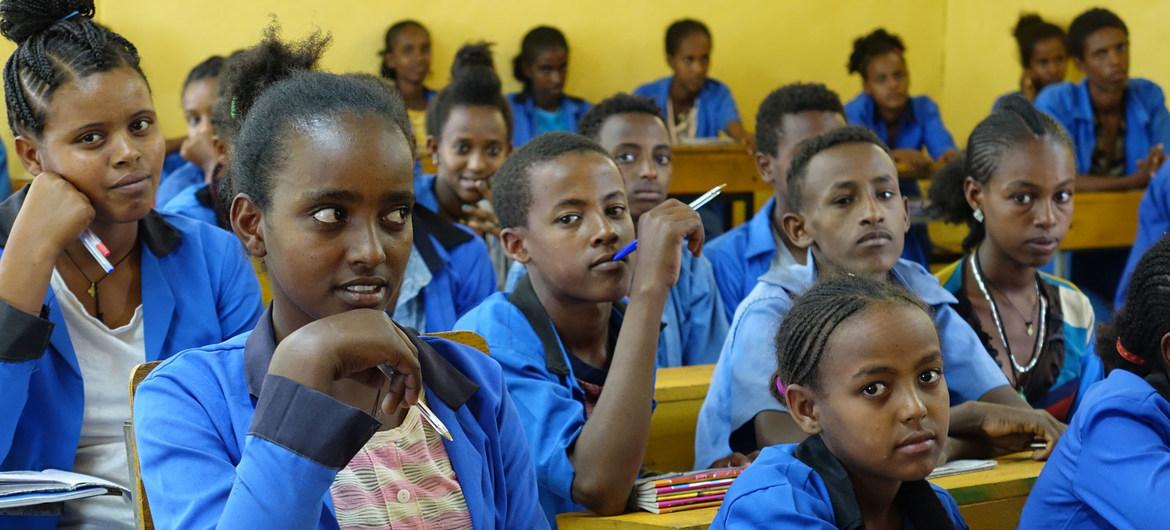
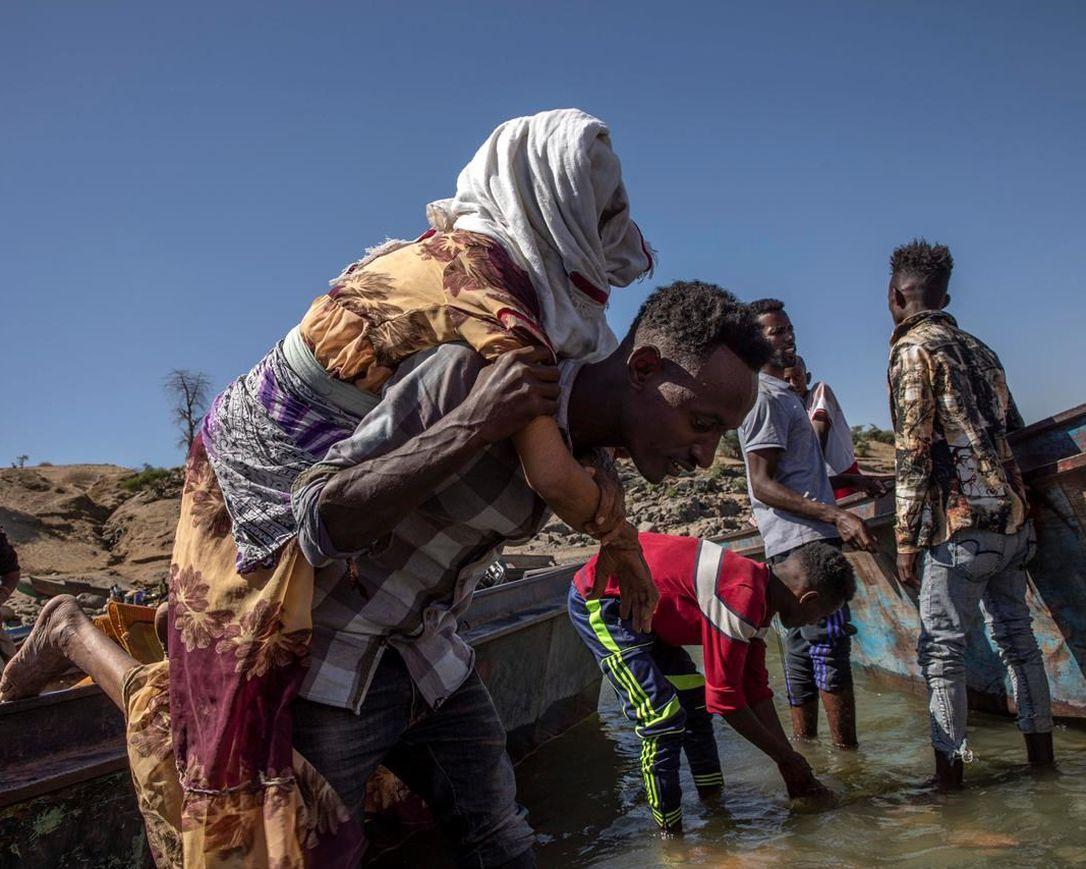
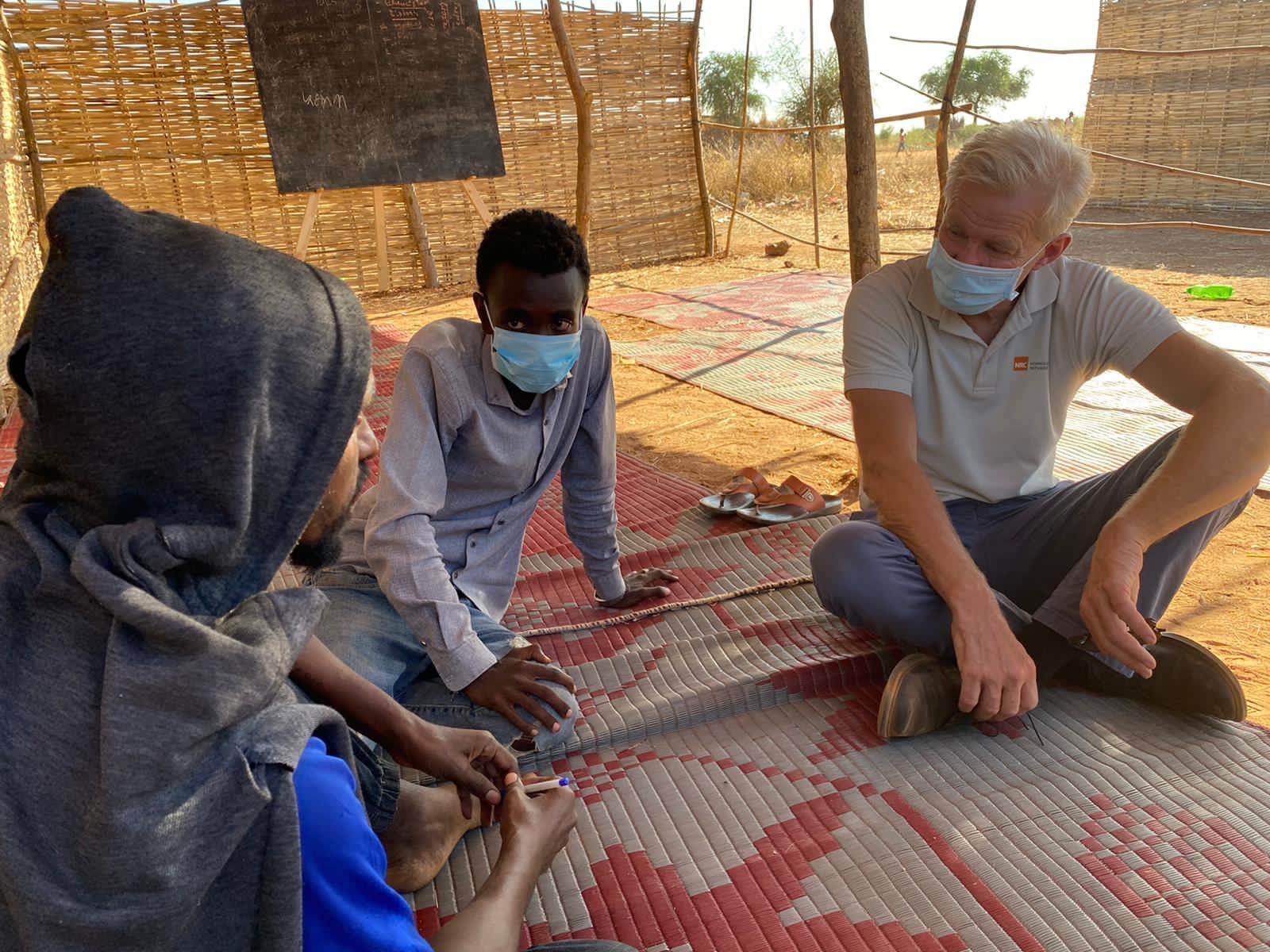 Displaced people who’ve fled Ethiopia’s Tigray region tell me they are now too afraid to return home, for fear of further fighting.
Displaced people who’ve fled Ethiopia’s Tigray region tell me they are now too afraid to return home, for fear of further fighting.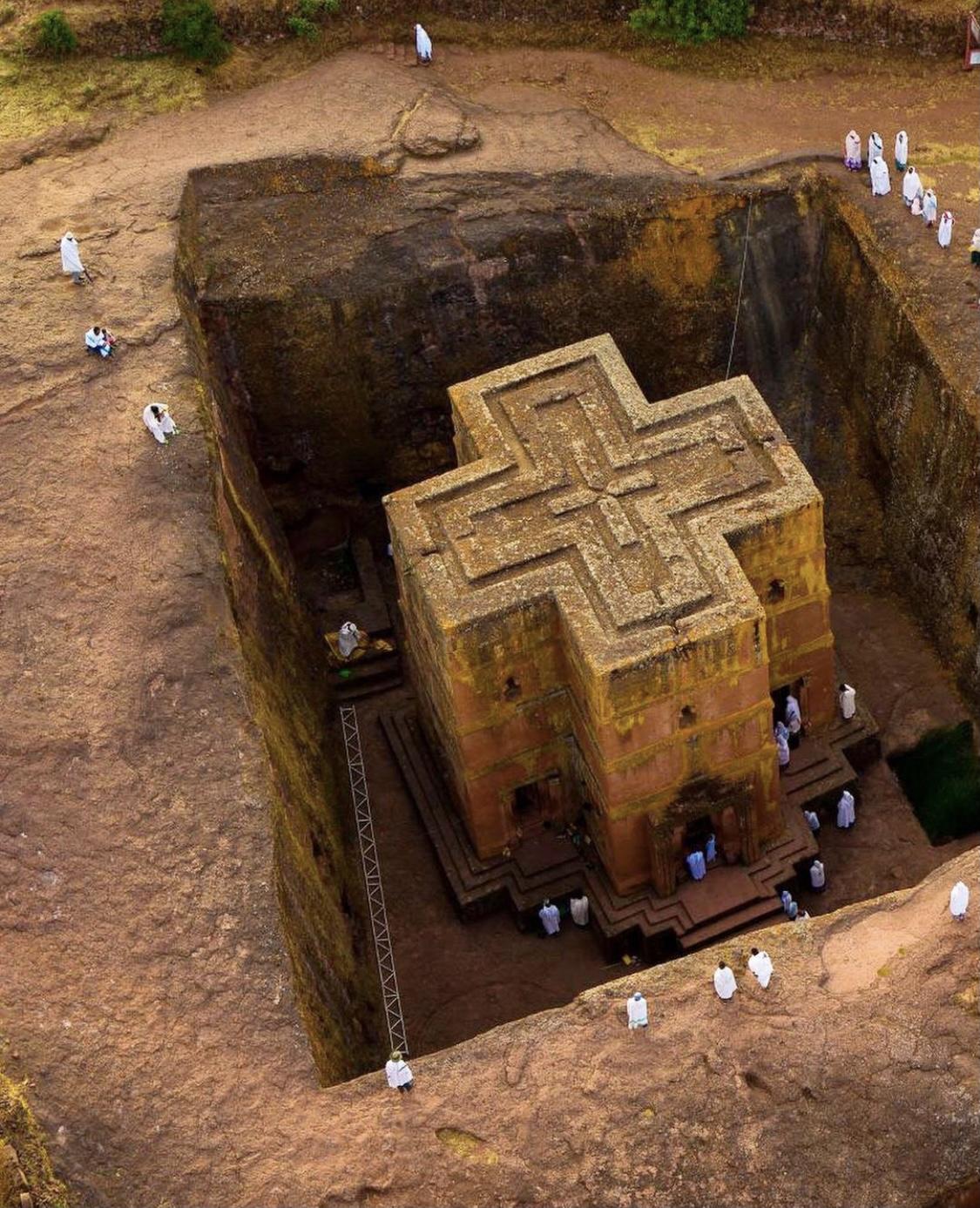
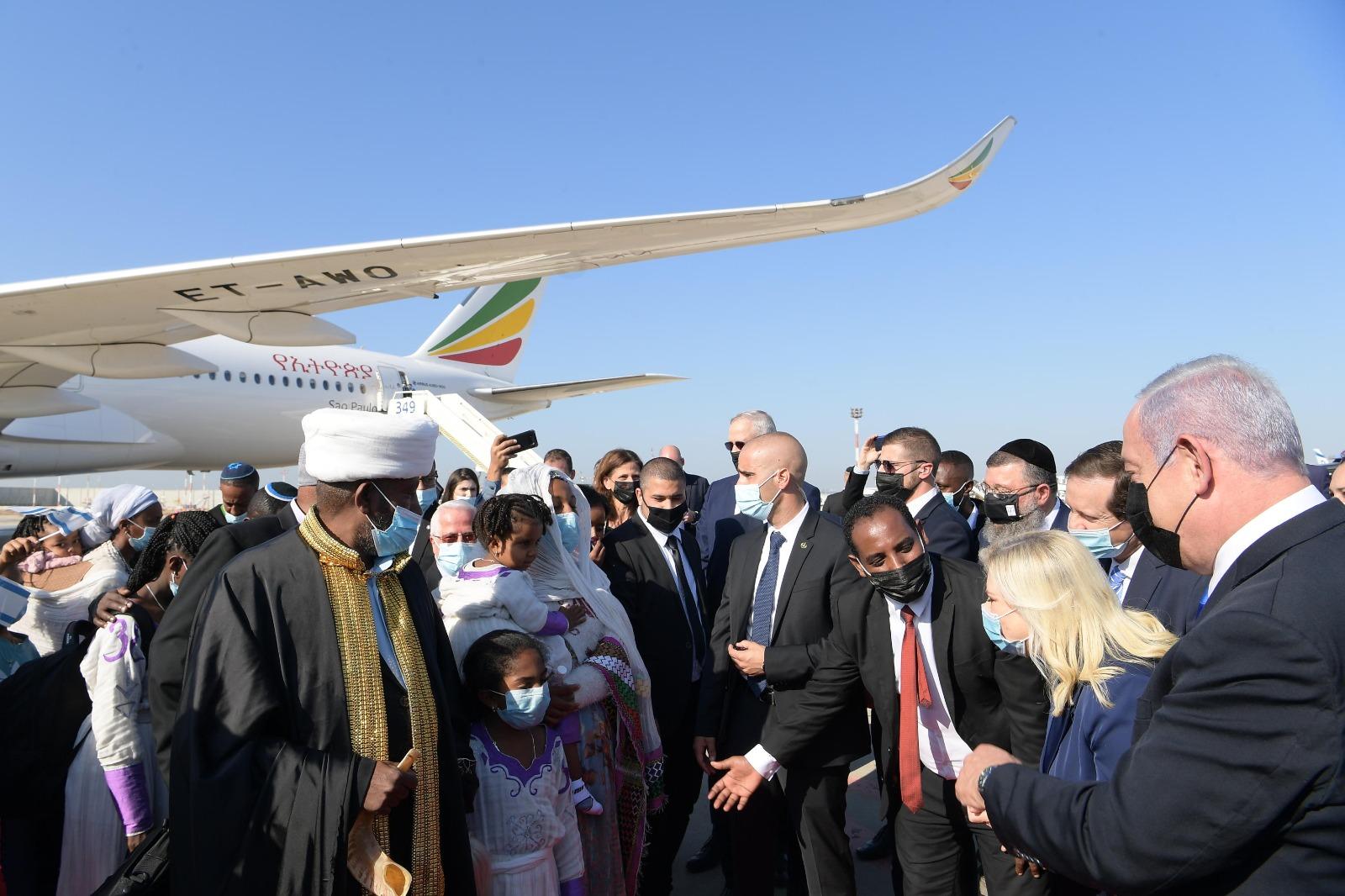
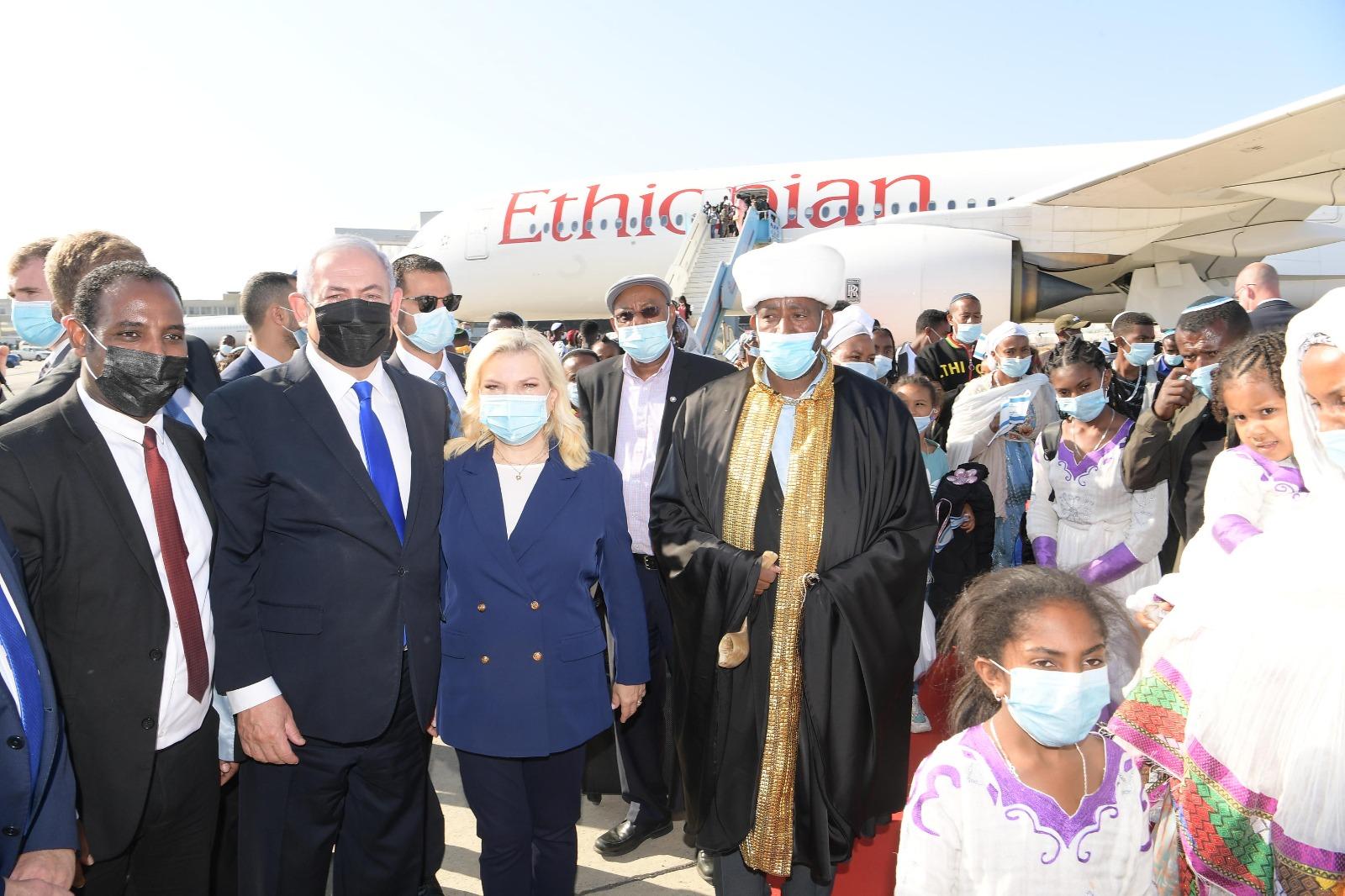
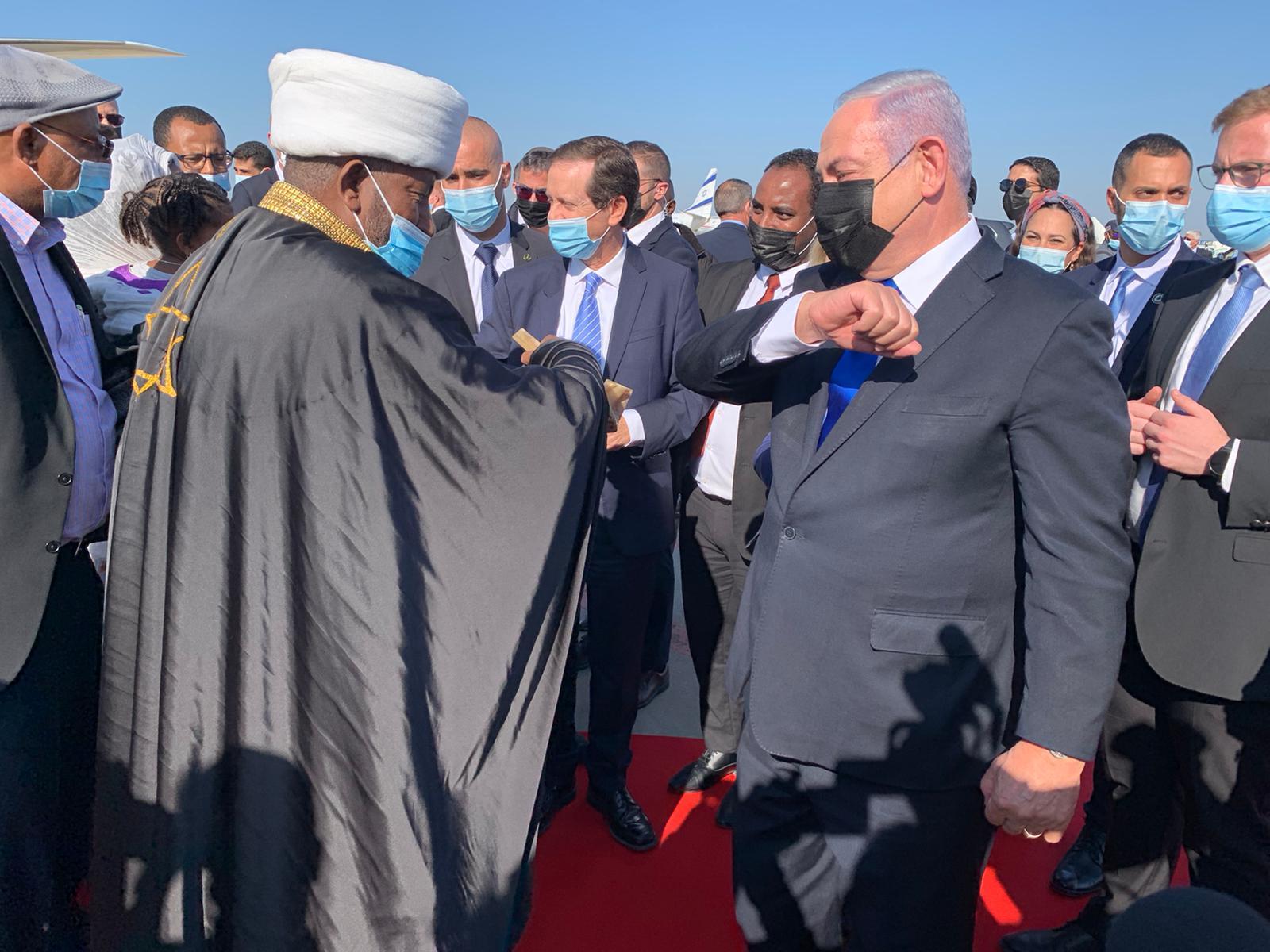 “Brothers and sisters of ours, immigrants from Ethiopia, we are so moved to welcome you here. Welcome to Israel!”
“Brothers and sisters of ours, immigrants from Ethiopia, we are so moved to welcome you here. Welcome to Israel!”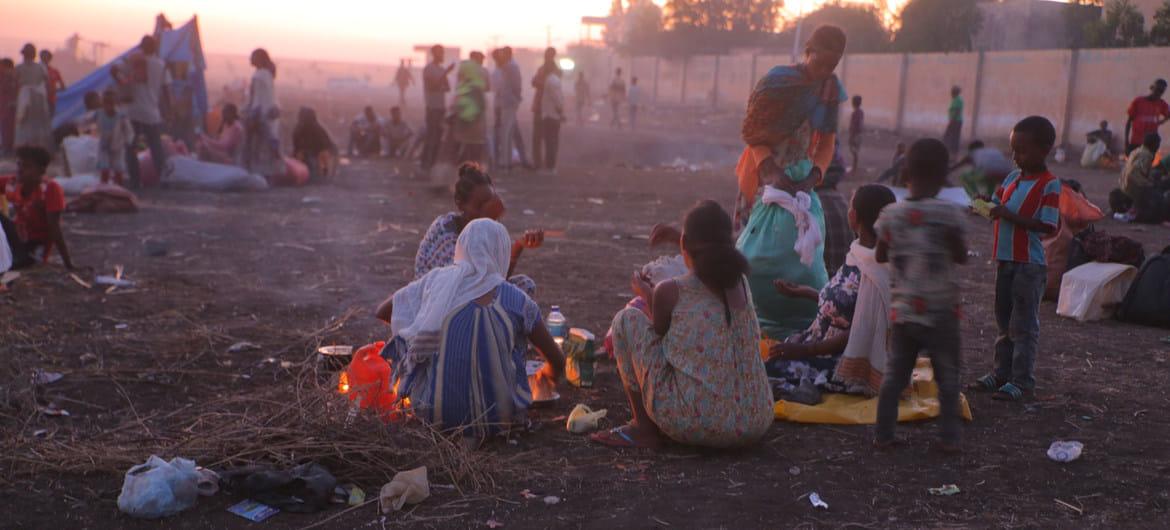
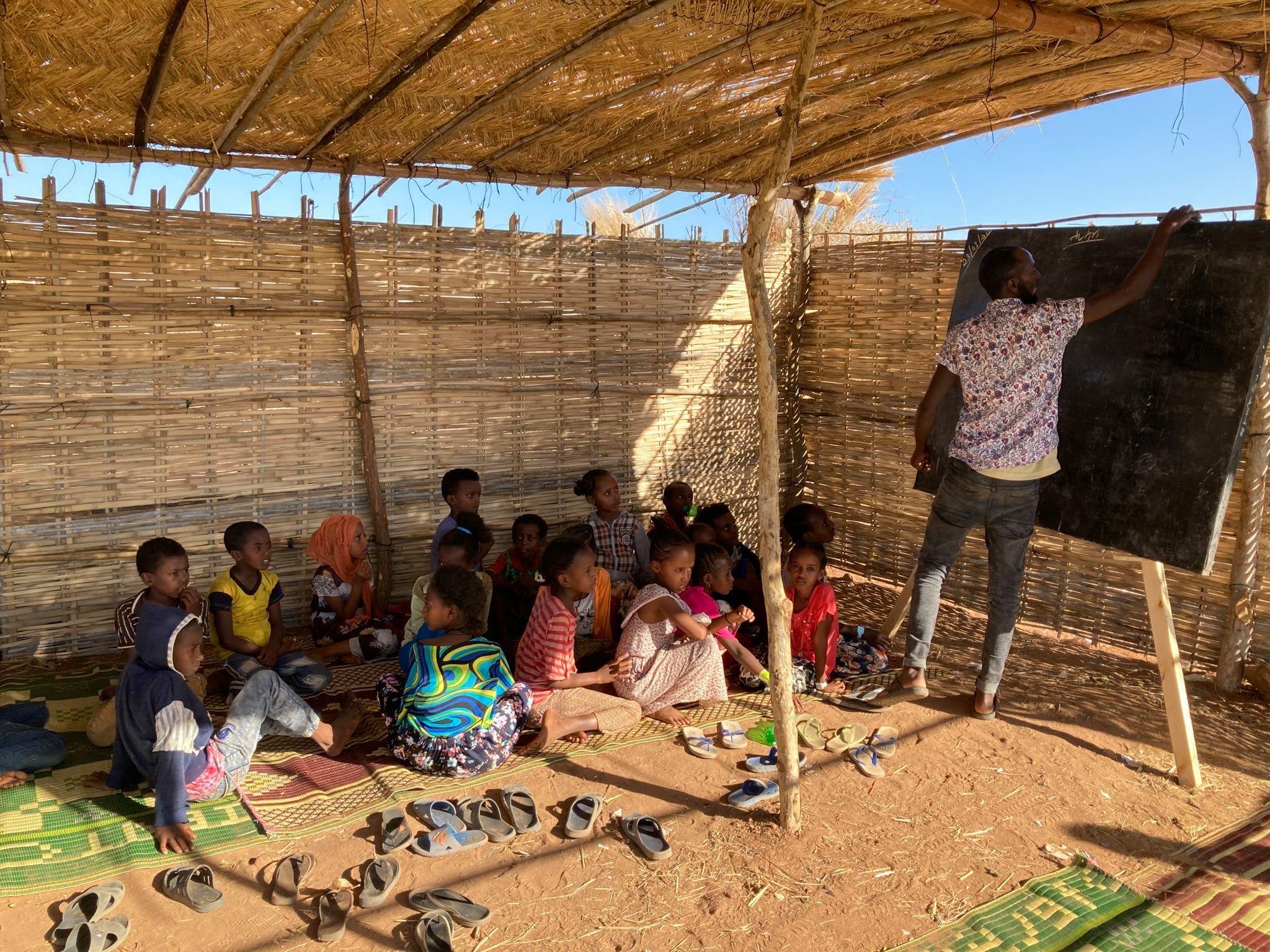 Very impressed by local NRC team,” Jan Egeland, Secretary General of the Norwegian Refugee Council
Very impressed by local NRC team,” Jan Egeland, Secretary General of the Norwegian Refugee Council